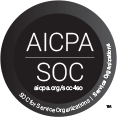Restaurant Operating procedures are as important as your brand and the food you serve. You probably spend countless hours deciding on the menu and decor, or choosing the right employees; but do you have standard operating procedures in your restaurant?
Written processes are very important for many reasons such as training, safety and organization within your restaurant. By having documentation of the restaurant operating procedures, your managers and staff will have guidelines that they can follow creating a consistent and predictable experience for your employees and guests.
Document procedures in writing. This will act as a guide and provide consistency in your operation. This is important when training new staff members, and will also serve as an aid to those employees that might be confused on what steps they should be taking when setting the table or scheduling reservations. There are a few key thoughts on documentation:
Use checklists.
They are a very helpful tool when having to complete tasks in a certain order. It is always a good idea once an employee has gone through the checklist to have them sign it. This brings a sense of ownership and accountability to what they have completed.
Ensure all processes are in writing.
Written procedures will also help keep good quality employees. Quality employees want to work for a business that is organized, serious about what they do and that provides direction on how they can be successful in their job.
Some suggested written operating procedures for restaurants include:
- Kitchen procedures (including food safety)
- Dining room procedures
- Reservation handling
Produce easy-to-read how-to guides.
Set procedures may help with safety and loss prevention within your restaurant. Restaurants may have less risk of injury, food sanitation issues and theft issues if employees have an approved set of procedure to follow, instead of letting the employees create their own.
For example, by standardizing and creating a written process on the proper way to handle and cook poultry or meat in your restaurant, you can reduce the risks of food borne illnesses. In fact, many health departments require records showing these processes and the testing of equipment (temperatures, etc) that are holding potentially hazardous food items.
The more organized your restaurant is with written operating procedures, checklists and how-to guides, the more organized your staff and your restaurant will run.
Consistency and efficiency are key important factors to a successful restaurant, these all start with a good procedural system. By providing these tools to your staff, your staff will have a clear expectation of what is expected and it will help minimize the mistakes or inconsistencies that tend to happen when written documentation is not provided.
Want more tips on how to hire, train, and retain employees for your restaurant?






